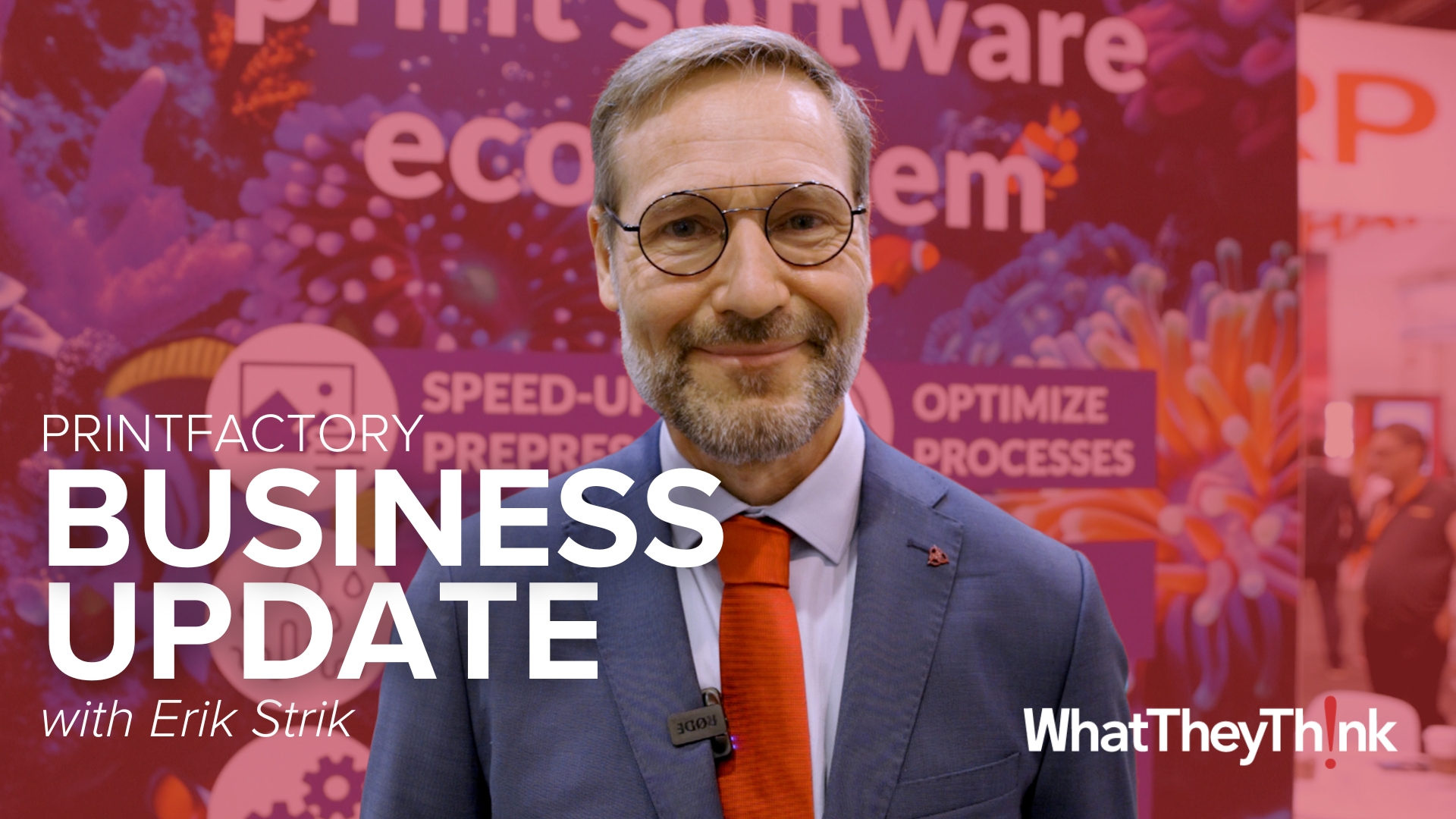South Africa Taps Into the Potential of Print-On-Demand
Press release from the issuing company
Nowadays, the ability to adapt quickly to changing market demands is crucial. One sector undergoing major change is print-on-demand (POD) services. As South African businesses adapt to the post-COVID environment, POD has emerged as a highly sought-after solution, aligning with broader trends in sustainability, technological innovation, and customer-centric services.
The pandemic fundamentally altered the workplace, driving many businesses to embrace remote work and downsize physical office spaces. This shift significantly impacted the demand for traditional office equipment, including printers. With fewer employees in offices, the necessity for in-house printing capabilities has decreased. As a result, many businesses are now relying on print-on-demand (POD) services to fulfill their printing needs without the burden of maintaining expensive equipment.
This trend is particularly evident in large enterprises, which have historically invested heavily in office automation and equipment. By shifting to POD, these companies can avoid substantial capital expenditures while still meeting their printing requirements. For smaller businesses and remote workers, POD provides a flexible and cost-effective solution, granting access to professional-grade printing services without the need for in-house infrastructure.
Strategic importance for businesses
For Ricoh South Africa, the shift towards POD is a strategic opportunity. Ricoh has been able to strengthen relationships with its customers, creating a partnership rather than a simple transactional relationship. This approach benefits both the customer and Ricoh, as it drives demand to customers equipped with POD setups while ensuring that our products are at the forefront of the market.
This strategy has also opened new business avenues for us. The adaptability of our devices, combined with the growing demand for customised printing solutions, has allowed us to expand our offerings into digital services and explore different types of media and print materials. As customer needs evolve, Ricoh’s ability to offer tailored solutions has become a key differentiator in a competitive market. It’s how we let people succeed.
Sustainability at the core
Sustainability is a key driver in the ongoing transformation of the printing industry. As environmental concerns take centre stage worldwide, businesses are increasingly focused on reducing their carbon footprint. Traditionally, the print industry has been associated with high waste levels and energy consumption, but there is now significant pressure to innovate and adopt greener solutions.
Ricoh has fully embraced this challenge, making sustainability a core element of its business strategy. The company designs its products with recyclability in mind, with about 80% of device materials being recyclable. In addition, we offer services for the environmentally friendly disposal of consumables, helping to reduce the impact on landfills.
The company’s environmental performance metrics underscore its commitment to sustainability. In FY2023, Ricoh South Africa reduced GHG Scope 1 emissions by 8% and GHG Scope 2 emissions by 16% compared to the previous year. Our waste recycling efforts also increased by 126%, highlighting their dedication to minimising environmental impact. Ricoh is also proactive in community outreach, conducting clean-up campaigns and regularly communicating with businesses about energy saving and resource conservation practices.
Our Greenline program, which emphasises refurbishing and reusing products, has seen remarkable success in Europe and is now gaining momentum in South Africa. By extending the life cycle of our devices and reducing waste, Ricoh not only meets regulatory requirements but also responds to the increasing customer demand for sustainable business practices.
Social responsibility and community engagement
Ricoh’s commitment to sustainability goes beyond environmental efforts to encompass meaningful social initiatives. Notably, the company has made significant investments in economic empowerment, such as the R2 million Ricoh Driver Owner Scheme, which supports enterprise development, and a R1.4 million interest-free loan to Gradesmatch, an educational initiative. These efforts reflect Ricoh's dedication to driving positive change in the communities it serves.
Diversity and inclusion are also key areas of focus. Our Woman Leadership Programme includes coaching, mentoring, and the establishment of affinity groups. The company’s efforts to promote gender equity are further highlighted by initiatives during Women’s Month, aimed at raising awareness and empowering women.
Ricoh’s community engagement initiatives are equally impactful. The company runs campaigns like Donate-a-Book for schools in previously disadvantaged communities and provides sanitary towels for girls from similar backgrounds. They also participate in national campaigns such as Slipper Day, Mandela Day, and Casual Day, demonstrating a strong commitment to social responsibility.
The role of AI and machine learning
Technological innovation, alongside sustainability, is driving significant changes in the printing industry. Artificial intelligence (AI) and machine learning (ML) are now essential components of modern printing solutions, boosting printer capabilities and streamlining business processes.
At Ricoh, AI has been integrated into devices and solutions for years, facilitating automated processes, reporting, and printer management. These intelligent devices seamlessly connect with AI-driven workflows, providing customers with greater efficiency and control. Although there was initial scepticism about AI, particularly in the South African market, there is now a growing acceptance and understanding of its benefits.
This changing mindset is creating new opportunities for businesses to leverage AI in solving complex problems and enhancing operational efficiency. As more companies realise the value of AI, the demand for intelligent printing solutions is set to keep growing.
Looking ahead: more emerging trends
The industry’s evolution is ongoing. As customer expectations rise, companies like Ricoh must stay ahead by anticipating market needs and investing in innovation. Robotics integration in printing is one area seeing rapid growth. While South Africa is still catching up to global leaders like Japan and Europe, interest in robotics and automation is accelerating.
Environmental, social, and governance (ESG) factors have also moved to the forefront of customer interactions. What was barely discussed a year ago is now a key part of business decisions. Customers are no longer just hunting for the lowest price – they want solutions that align with their values and promote sustainability. These trends indicate a robust and expanding market.
Ricoh’s experience shows that success depends on innovation, adaptability, and building strong customer relationships. Companies that can anticipate and respond to these emerging trends will lead the market and drive positive change.
- Questions to ask about inkjet for corrugated packaging
- Can Chinese OEMs challenge Western manufacturers?
- The #1 Question When Selling Inkjet
- Integrator perspective on Konica Minolta printheads
- Surfing the Waves of Inkjet
- Kyocera Nixka talks inkjet integration trends
- B2B Customer Tours
- Keeping Inkjet Tickled Pink
© 2024 WhatTheyThink. All Rights Reserved.















Discussion
Join the discussion Sign In or Become a Member, doing so is simple and free